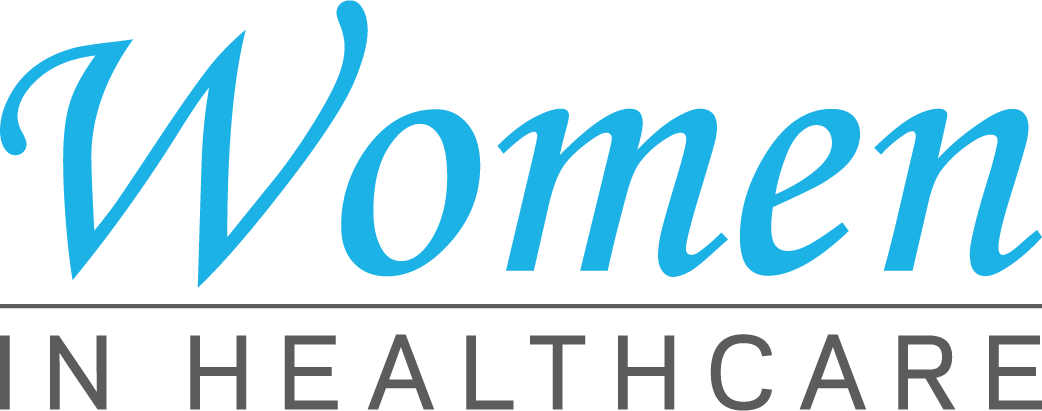Leading Healthcare RCM Strategies for Better Financial Performance
Leading Healthcare RCM Strategies for Better Financial Performance
Blog Article
Revealing the Conveniences of Medical Care RCM in Improving Performance and Accuracy in Income Cycle Management
In the rapidly developing health care landscape, the relevance of Earnings Cycle Monitoring (RCM) can not be overstated. As medical care service providers strive for accuracy and performance, RCM emerges as a critical device in streamlining operations, lessening mistakes, and improving economic end results.
Streamlining Administrative Tasks

Furthermore, the integration of electronic health records (EHR) with RCM systems helps with real-time data gain access to and sharing, making it possible for medical care professionals to make informed decisions promptly. This interconnectedness not only improves interaction in between administrative and scientific teams however also enhances patient complete satisfaction by decreasing waiting times and invoicing discrepancies - Healthcare RCM. Moreover, streamlined management procedures enable much better compliance with regulatory standards, mitigating threats connected with audits and charges
Eventually, the focus on refining administrative tasks in RCM leads to cost financial savings and enhanced financial efficiency. By spending in automation and enhancing workflows, medical care companies can accomplish an extra lasting income cycle, guaranteeing long-lasting viability and the capability to adapt to progressing industry needs.
Enhancing Claims Processing
How can healthcare organizations boost the efficiency of their insurance claims handling? The combination of advanced Earnings Cycle Monitoring (RCM) systems uses a robust option. By utilizing automation and innovative analytics, RCM systems improve the facility and usually troublesome cases processing jobs. Automation decreases hand-operated data access errors, makes sure compliance with the most recent billing codes, and increases the overall insurance claims lifecycle from entry to compensation.
In addition, real-time analytics play an essential role in enhancing insurance claims refining performance. These analytics tools supply understandings right into bottlenecks and potential denials, enabling doctor to resolve concerns proactively. Predictive analytics can forecast patterns in insurance claim rejections, making it possible for preemptive measures to mitigate them, thus decreasing the moment taken for insurance claims to be refined and approved.
Additionally, the adoption of electronic health records (EHR) integrated with RCM systems guarantees seamless data flow, reducing redundancies and increasing the precision of information submitted in claims. A consistent feedback loop facilitated by RCM systems further refines the procedure, cultivating continual renovation.
Inevitably, by leveraging technology-driven remedies in cases refining, health care organizations can enhance operational performance, boost capital, and offer a smoother experience for patients and personnel alike.
Lowering Economic Mistakes
Accurate economic monitoring is vital in health care, where decreasing financial mistakes can substantially affect operational success. Financial mistakes, whether because of incorrect payment, coding mistakes, or mismanagement of client accounts, can lead to significant income loss and strained partnerships with payers and clients. Dealing with these mistakes is imperative to keep a healthcare company's financial wellness and improve its online reputation.
Health Care Revenue Cycle Administration (RCM) plays a crucial role in decreasing such errors via structured processes. By applying standardized check this treatments for billing, coding, and collections, health care service providers can guarantee that economic transactions are managed with accuracy. Comprehensive training for staff on existing coding regulations and invoicing techniques also minimizes the chance of errors, making sure claims are appropriately refined and repaid.

Furthermore, complete audits and regular financial evaluations within the RCM structure permit for the very early detection and adjustment of inconsistencies. Making sure precision in individual data entry and verification further minimizes errors, as this is frequently a main resource of inaccuracies. By concentrating on these critical areas, medical care companies can lower economic mistakes, therefore safeguarding their revenue streams and enhancing total functional performance.
Leveraging Advanced Technologies
In today's swiftly advancing medical care landscape, leveraging innovative modern technologies is essential for optimizing Revenue Cycle Management (RCM) procedures. By incorporating innovative remedies such as man-made intelligence (AI), device knowing (ML), and robotic process automation (RPA), doctor can considerably enhance the performance and precision of their RCM operations. These technologies help in improving repeated tasks, minimizing manual errors, and making it possible for quicker processing of cases.

Moreover, the Healthcare RCM integration of blockchain technology enhances information security and openness within RCM (Healthcare RCM). It makes certain that delicate details is shielded while keeping an unalterable record of deals. This is important for developing count on with stakeholders and clients
Boosting Financial Performance
Building on the performances acquired via sophisticated innovations, healthcare suppliers can substantially improve their economic performance by improving their Revenue Cycle Administration (RCM) approaches. By optimizing invoicing procedures, minimizing insurance claim rejections, and boosting cash flow, health care establishments can achieve far better financial stability.
Additionally, information analytics within RCM systems supply valuable insights into economic fads and operational bottlenecks. By leveraging these understandings, doctor can make educated choices to boost financial outcomes, such as adjusting billing methods or renegotiating payer contracts. Improved accuracy in coding and paperwork additionally minimizes case denials and audits, cultivating a smooth revenue cycle.
Additionally, patient engagement tools incorporated within RCM systems boost patient fulfillment by supplying transparent invoicing info and flexible repayment options. This transparency not only boosts patient-provider partnerships yet helpful hints likewise motivates timely payments, reducing outstanding receivables.
Verdict
Health Care Income Cycle Monitoring substantially enhances performance and precision by enhancing management jobs and enhancing insurance claims processing. With the decrease of economic errors and the combination of advanced technologies such as AI and anticipating analytics, RCM assists in compliance with payment codes and supplies important understandings into financial fads. This systematic approach not just lessens potential case denials but likewise boosts financial performance, thereby promoting trust and openness with people and stakeholders within the healthcare system.
As medical care carriers strive for accuracy and performance, RCM emerges as a critical device in enhancing operations, minimizing errors, and boosting financial results.Streamlining administrative jobs in healthcare profits cycle management (RCM) provides substantial benefits by improving functional efficiency and decreasing the worry on staff.Health Care Earnings Cycle Management (RCM) plays an essential role in lessening such mistakes through structured processes.In today's quickly advancing healthcare landscape, leveraging advanced innovations is crucial for optimizing Income Cycle Administration (RCM) procedures.Structure on the efficiencies acquired through sophisticated innovations, health care providers can substantially increase their monetary performance by fine-tuning their Earnings Cycle Monitoring (RCM) approaches.
Report this page